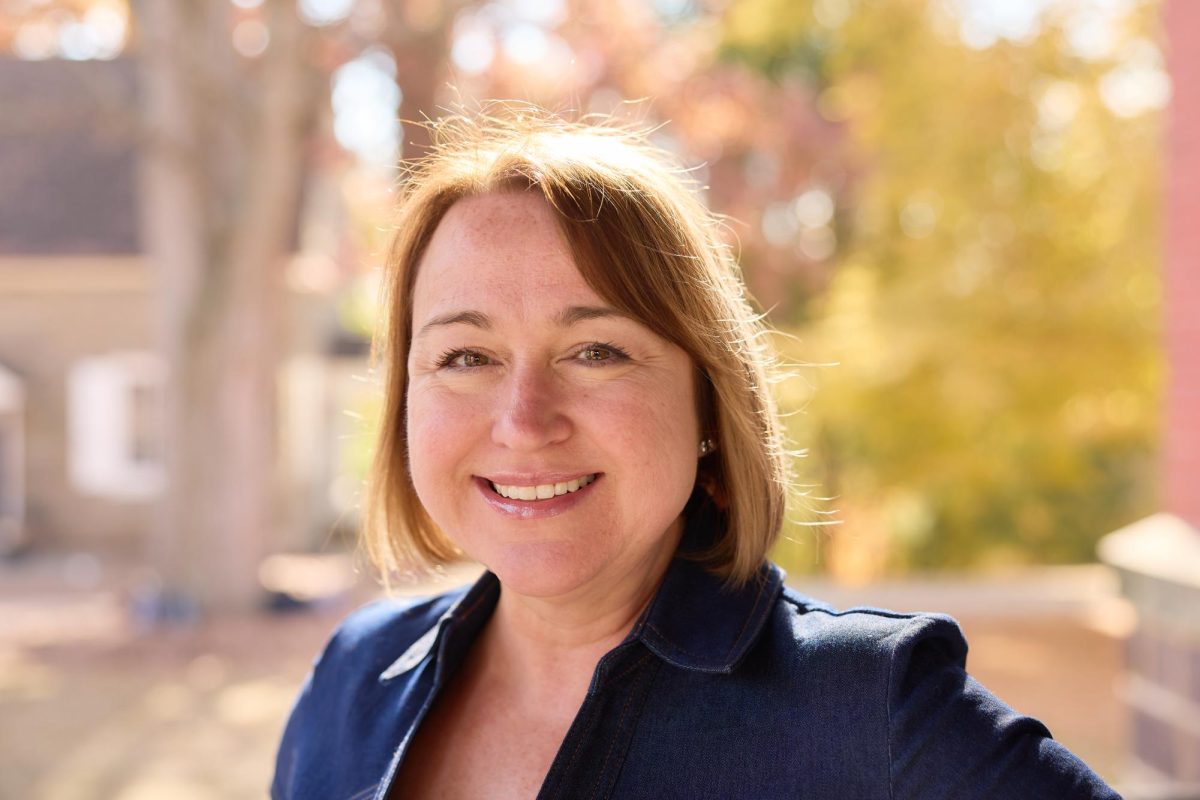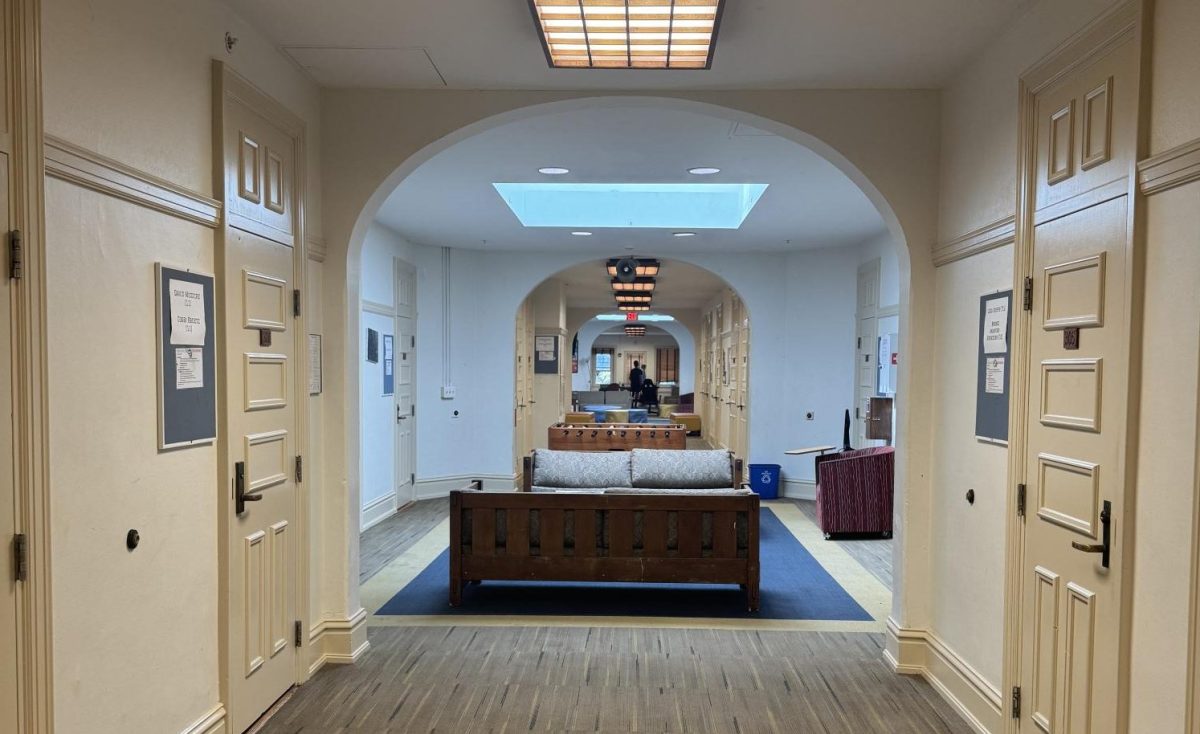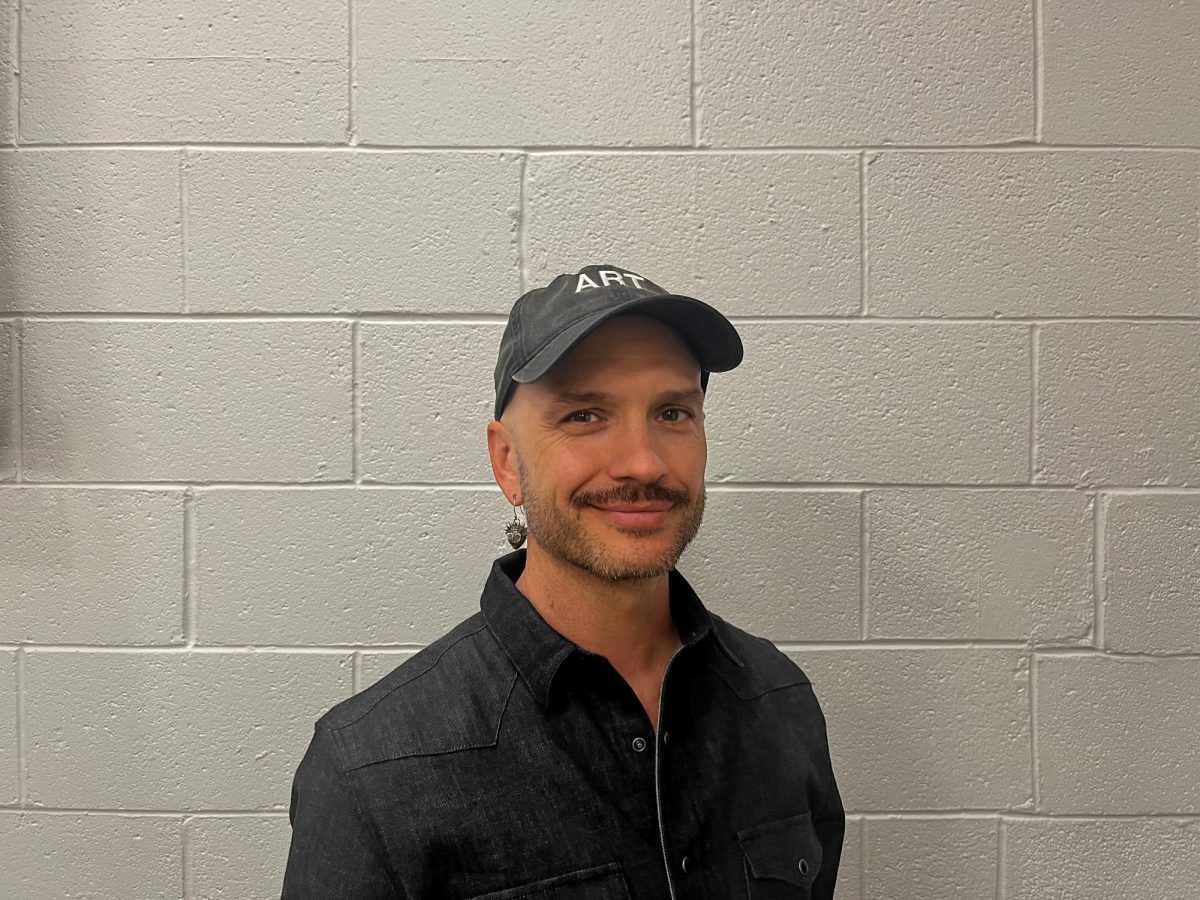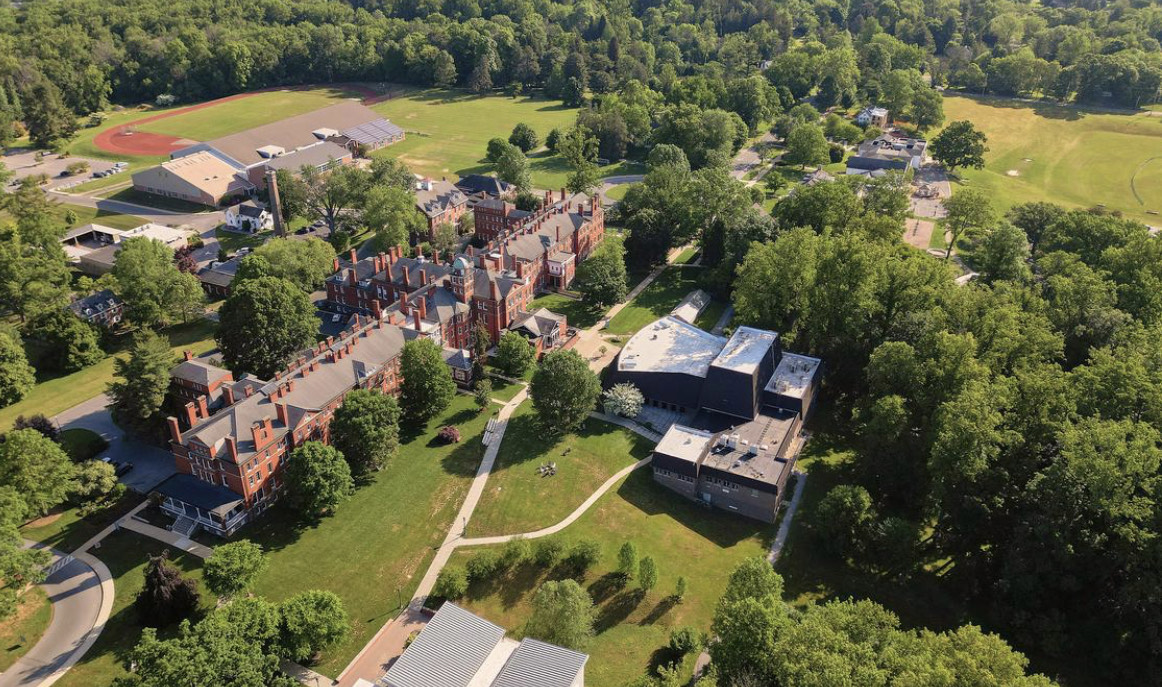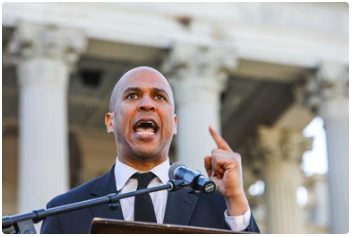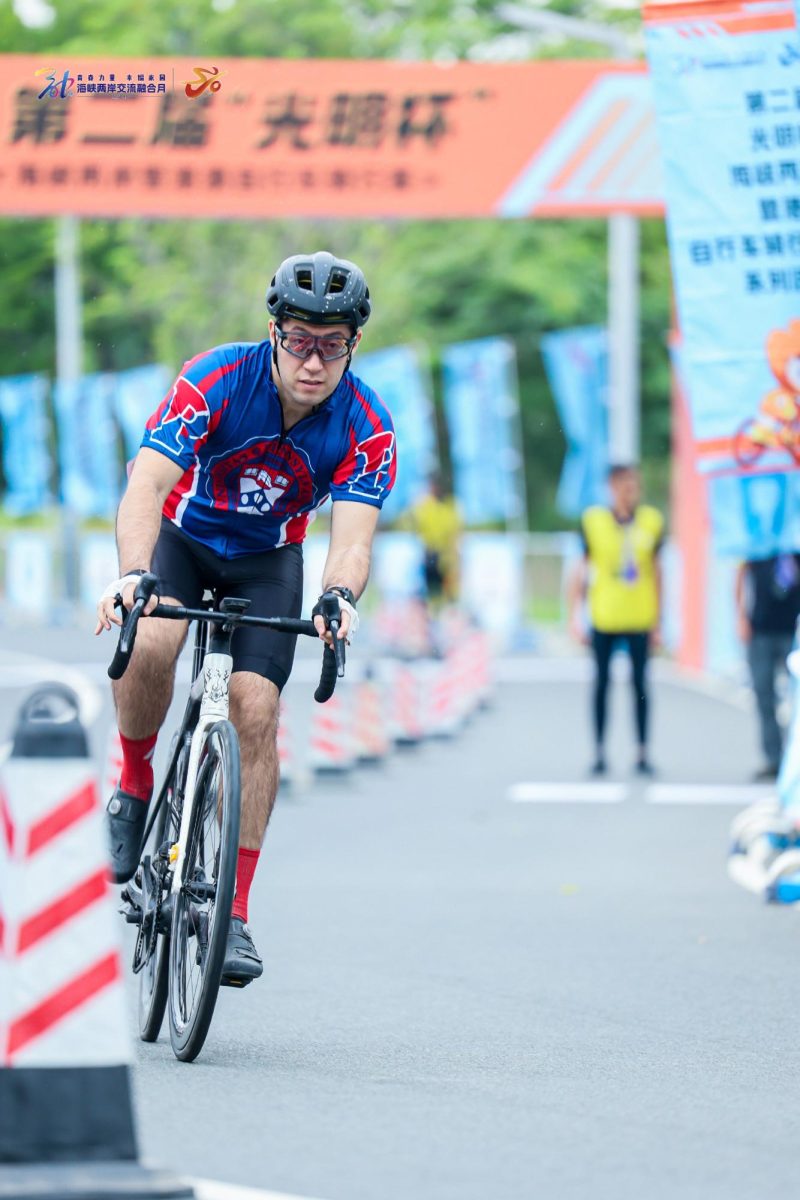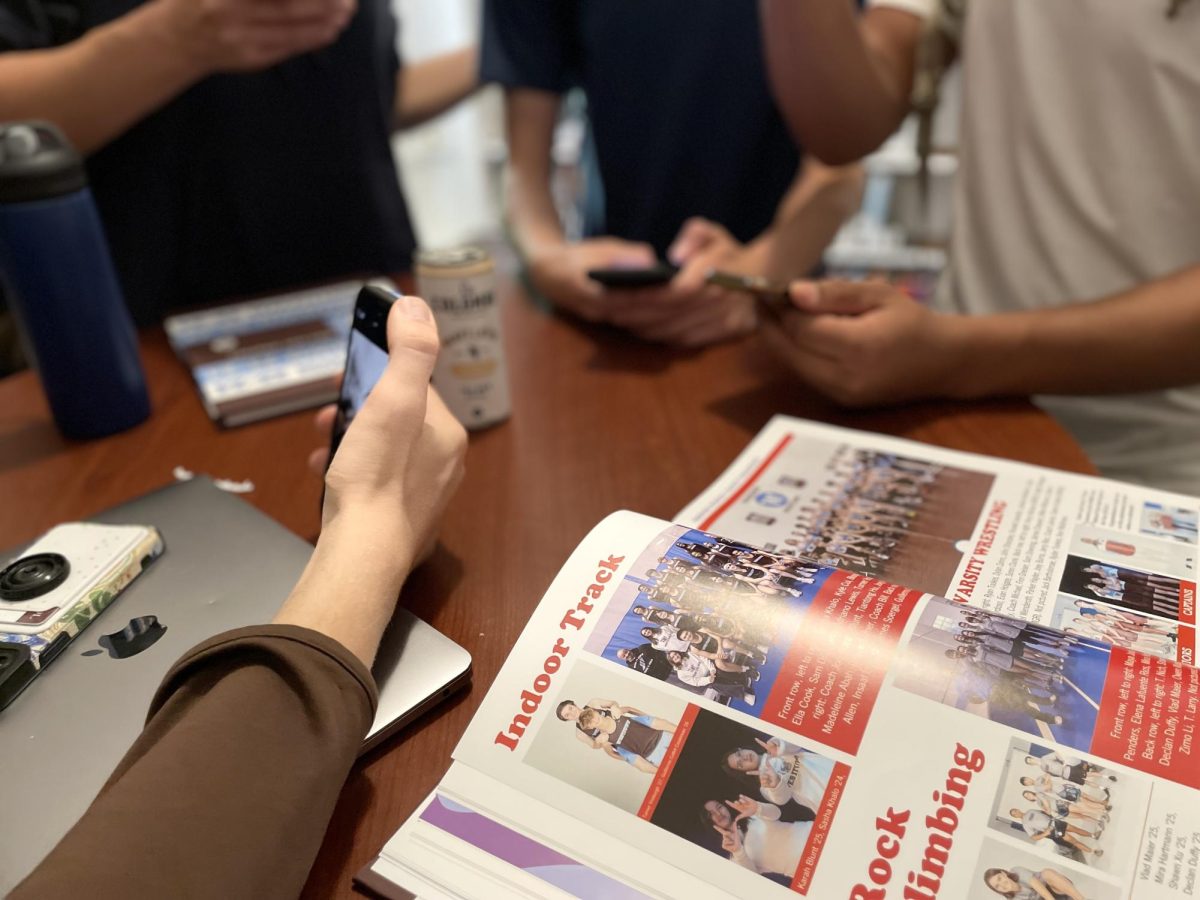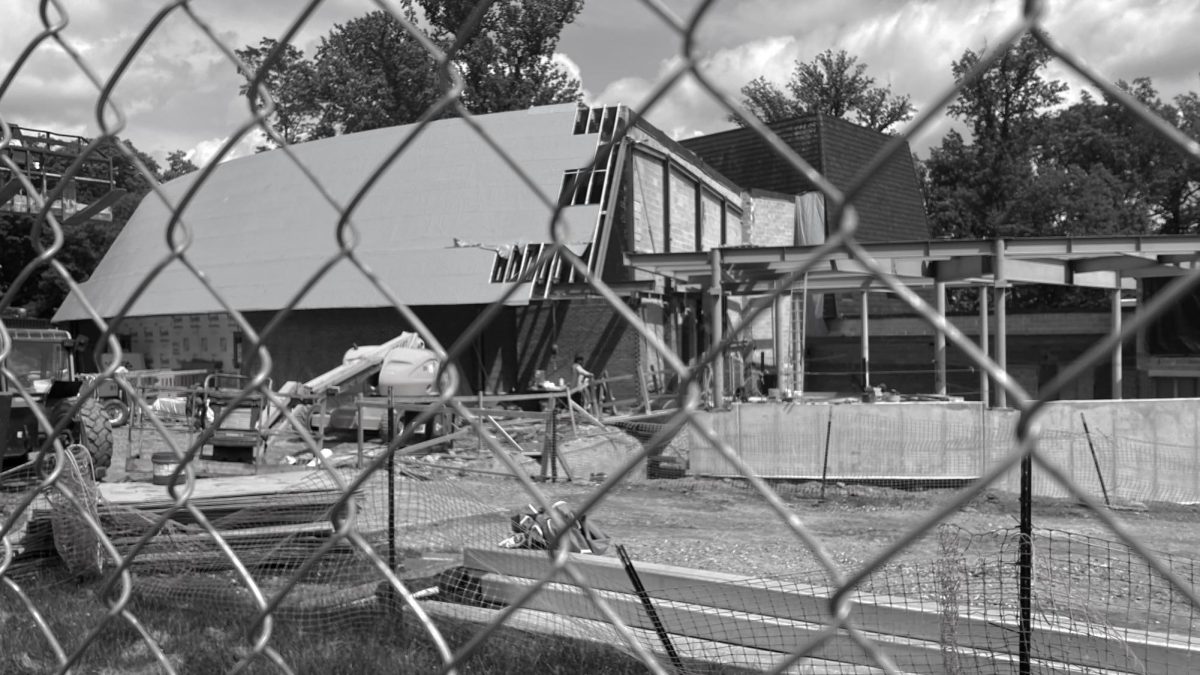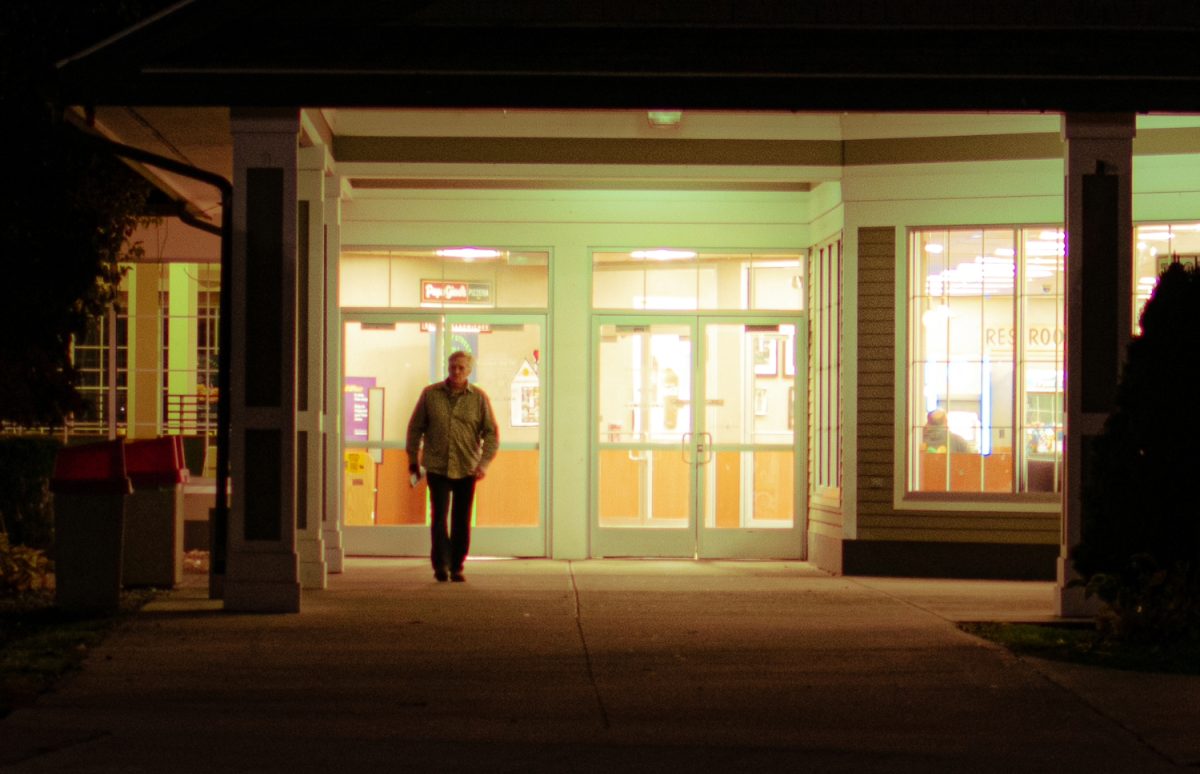“It takes a long time to develop a sustainability plan, normally. But this is a smaller community, and so I think that we’ll be able to get the feedback we need from the school and compose a sustainability plan by June,” said Francine Locke, Westtown’s new Sustainability Director.
“I started in August at both Germantown Friends School and Westtown School,
Locke said. “My overall work right now is developing a state of sustainability report and a pathway forward. And so I hope to be able to present to the Upper School in assembly here in December, as well as to an all faculty and staff assembly.”
“That state of sustainability is looking at, from the beginning of Westtown, what were we doing that is considered sustainable action? And where are we doing today? There’s so much to talk about in this report because Westtown is truly extraordinary in terms of what is going on here,” said Locke.
Locke has been researching Westtown through the archives and has been looking into “all of the activities that have taken place here from the beginning.”
“I’ve been taking an inventory of all of the sustainable features and the education for sustainability curriculum and actions here that will be included in this report, too, to demonstrate how sustainable this campus and school really is,” Locke said.
Students and faculty should know that Locke has “specific exercises” she wants to “conduct here that include asking the school community what their definition of sustainability is, because it means different things to different organizations.”
Locke and the Sustainability Committee – a group of faculty and students that helps to guide and steer Locke on the direction of the sustainability plan in addition to working directly with the school community – are rooted in the Quaker values of and tenets of Meeting for Business.
The Sustainability Committee is looking at the broad picture of sustainability at Westtown and how everything is related.
“So we’re looking at [sustainability] from how are students doing with their well being here?’ And, I can say that at Westtown, this natural setting is really helping everyone with feeling healthy and well,” Locke added.
Locke explained the rest of her timeline for a sustainability action plan saying, “… My next action is in January, beginning the journey of developing a holistic whole school sustainability plan with the overarching goal of carbon neutrality, or even carbon negative. And the reason I was mentioning carbon negative is because Westtown is going to construct a solar farm that will provide renewable energy, emission free, for about 95% of the need here.”
“That will be an amazing way of reducing emissions, because right now, most of the emissions that are produced from schools and cities [are] from the electricity source, from the buildings, particularly,” said Locke.

Locke explains that Westtown and Germantown Friends typically use energy that comes from fossil fuel burning plants from the PJM grid. According to PJM’s website, they are “a regional transmission organization (RTO) that coordinates the movement of wholesale electricity in all or parts of Delaware, Illinois, Indiana, Kentucky…” and nine more states, including Pennsylvania, plus D.C.
“What we do at Westtown, as well as Germantown Friends, is we purchase 100% of our energy in the form of renewable energy credits, and that means that we are doing anything we can to offset our electricity, our carbon footprint,” Locke said. “And, unfortunately, that means that we really are still purchasing our electricity from the fossil fuel burning plants in Pennsylvania throughout the area. But, we are paying for the credits of what’s being generated from wind energy, probably in Texas somewhere.”
As Westtown’s Sustainability Director, Francine Locke has a lot she is working to accomplish.
“Students can get involved when they see an opportunity or when they’re being asked to participate,” Locke added.
“[We’re] working with Westtown’s student-led Green Coalition to put together a bulletin board that will be in the student collection room on the east end,” Locke said. “And we’re hoping to make that the conduit by which people can see what’s going on and the questions we’re asking will be there. Ways to contribute will be there as well.”
Locke is encouraging students and faculty to engage with her because, “when we do it together and we have a community who participates in developing the plan, it’s much stronger and it is more sustainable.”
